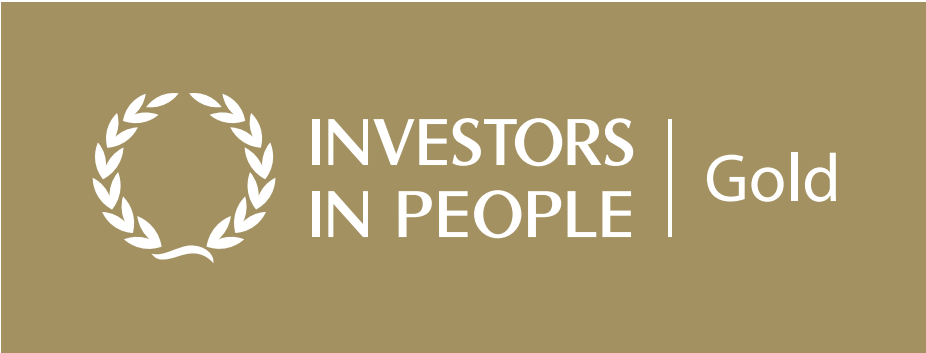12 February 2024 Blogs
As an employer, a self-employed person, or person in control of a premises (in connection with water systems), prioritising the health and safety of your employees, non-employees and tenants is of paramount importance. One potential threat that demands your attention is Legionnaire’s Disease. Understanding and mitigating the risks associated with this bacterial infection is crucial to ensuring a safe environment for everyone.
1. A brief history of Legionnaire’s Disease
Legionnaire’s Disease, named after an outbreak in Philadelphia in 1976 that affected members of the American Legion, is a relatively recent discovery. The bacteria responsible for the disease, Legionella, was transmitted through an air conditioning unit, resulting in 221 reported cases and the death of 34 people.
2. Where can legionella bacteria be found?
Legionella bacteria naturally exists in water and moist soil, with warm and stagnant water providing an ideal breeding ground. Identifying and addressing these conditions is essential to minimising the risks associated with Legionnaire’s Disease.
3. Legionnaire’s Disease:
Legionnaires’ Disease, caused by Legionella bacteria, can be fatal in 5-10% of cases, especially if not diagnosed early. In 2020 (January to October) the UK saw 295 cases (but this number was around 500 cases for the two proceeding years) making awareness and preventative measures crucial.
4. Effects and symptoms of Legionnaire’s Disease
The disease is characterised as acute bacterial pneumonia, with symptoms such as coughing, shortness of breath, fever, and aches. Diagnosing Legionnaire’s Disease can be challenging due to its similarity to other forms of pneumonia.
5. How is it contracted?
Inhalation of water droplets in the air (an aerosol) contaminated with Legionella bacteria is the primary mode of transmission. Certain individuals, including those over 50, smokers, and those with respiratory diseases, are at a higher risk.
6. Transmission:
While the disease cannot be transmitted between people, cases generally peak in the summer and autumn months, due to the increased temperatures at those times of year.
7. Legionnaire’s outbreaks:
Though fairly uncommon, outbreaks in large buildings or estates with complex water systems, such as hotels and hospitals, can be dangerous. In mid-2023 two Scottish hospitals were reported to have traces of Legionella bacteria during routine checks in the radiotherapy unit and water supply. These cases highlight the importance of regular Legionella testing, especially in places such as hospitals and care homes where people may be more susceptible to infection and serious illness.
Outbreaks in large buildings are also particularly dangerous because the symptoms are often delayed and commonly misdiagnosed, which can lead to a larger number of fatalities.
8. Treatment of Legionnaire’s:
Early diagnosis allows for prompt treatment with antibiotics, resulting in successful recovery for most individuals. However, some may experience long-term effects such as breathlessness and fatigue.
9. Why should businesses be careful?
Any water system has the potential to harbour the bacteria. Cooling towers, spa pools and showers are most commonly linked to outbreaks, because of the high volumes of breathable droplets they produce. Higher risk systems commonly include:
- Evaporative cooling systems
- Spa pools
- Large, older and complex hot and cold water systems
- Recirculating vehicle wash systems
- Manufacturing water systems such as wet paint spray booths
Some outbreaks have even been attributed to public fountains, air conditioning systems and even the misters found in supermarkets.
Mitigating the risk of a possible outbreak of Legionnaire’s is your responsibility as a business owner/person with high level authority/manager. Vigilance is required to prevent dangerous outbreaks, otherwise the penalty for not doing so can stretch from fines to imprisonment.
An employer’s duties to control legionella in the workplace are set out in:
- The Health and Safety at Work Act 1974 (HSWA)
- The Management of Health and Safety at Work Regulations (MHSWR)
- The Control of Substances Hazardous to Health Regulations 2002 (COSHH)
- Reporting of Injuries, Diseases and Dangerous Occurrences Regulations 2013 (RIDDOR)
- The Notification of Cooling Towers and Evaporative Condenser and Evaporative Condenser Regulations 1992 (NCTEC)
According to the duties listed under the HSWA, the key obligations of an employer to reduce the risk of exposure to Legionella on their premises include having to:
- Monitor their water temperature at regular intervals
- Flush little used outlets to remove biofilm from the system
- Record results of Legionella testing and retain them for at least five years
10. Prevention:
Businesses must take proactive steps to prevent Legionnaire’s Disease, including regular water system maintenance, temperature control, chemical treatment, and minimising the escape of water droplets. Employing contractors for water treatment and ensuring staff are well-trained are essential components of an effective prevention strategy.
Whilst all involved in working on and managing water systems have responsibilities (and this includes contractors and sub-contractors), the principal responsibility is the Duty Holder’s. More information on responsibilities is available through the HSE.
Ultimately, the best way to ensure your business is fulfilling its duties and managing the risk effectively is to start the journey (or refresh your knowledge) with training/refresher training.
Develop Training offer a number of Legionella courses including,
- Legionella & ACOP L8 Awareness
- Legionella: Role of the Responsible Person / Duty Holder / Landlord
- Management of Legionella Bacteria in Hot & Cold Water Systems
- Legionella Risk Assessment of Hot & Cold Water Systems
To view the full list of available Water Systems & Legionella training offered by Develop, click here: https://www.developtraining.co.uk/training/estates-and-facilities-management/water-systems-legionella/
Legionnaire’s Disease poses a real threat, but with awareness, responsible management, and proactive prevention measures, you can create a safer environment for your tenants, employees, non-employees and customers. Stay informed, take action, and prioritise the well-being of those under your care.
Contact us
If you have any questions or are unsure which training course is right for you, please contact our Customer Service team on 0800 876 6708 or email enquiries@developtraining.co.uk











